|
My good, old (in time, not age) friend, Doug Crouch and I catch up on the world of permaculture and his new incarnation of it, along with all things pawpaw in this episode of Wander, Forage, & Wildcraft. Doug's the owner of TreeYo Permaculture and has been managing his family's land at Treasure Lake in Petersburg, Kentucky for pawpaws and spicebush for 17 years now! He'll tell us all about what he's learned over those years about propagating and nurturing spicebush for the best yield. If you don't know what a pawpaw is (the largest native North American fruit) or want to grow some of your own, or are just curious, then this is the show for you!
Doug's Bio: Trained as both a Permaculture Designer and Fish and Wildlife Manager, Doug has extensive knowledge surrounding landscape planning and food production systems. This regenerative design and implementation work spans the globe ranging in contexts and climates, including tropical agro-forestry, Mediterranean organic gardening, and temperate suburban edible landscaping. To facilitate this work he founded TreeYo Permaculture, thus building off his other formal training in small business management. Incorporating this knowledge and experience into sustainability educational programming has now become Doug’s main focus as he continues his ecological design and holistic development primarily at Treasure Lake in Northern Kentucky and its bioregion. If you're intrigued to learn more, join Doug and me at Planting Abundance, a day long learning adventure at Treasure Lake on May 18th.
Doug's Pawpaw Ice Cream Recipe
Paw paw pulp Some sort of milk - dairy, almond, coconut, or hickory Some sort of sweetener (Doug prefers maple syrup from his land) Put the pulp in a blender and add milk a little at a time, blending in between, until it's the consistency you like (custard-like is good). Add sweetener, also a little at a time, blending in between, to taste. Place in ice cubes trays and freeze. Empty trays, filling a big freezer bag. Freeze and serve when needed. Enjoy. Try it? Like it? Have something to add to the recipe or share about your experiences with pawpaws or thoughts on the podcast? Please leave a comment below. +Subscribe to the podcast on iTunes. +Subscribe to the podcast on Spotifty. +Subscribe to the podcast on Google Play Music.
0 Comments
Meet forager, plant folklorist and Appalachian folk herbalist Becky Beyer of Blood and Spicebush School of Old Craft in this episode of Wander, Forage, & Wildcraft. My partner in Sassafras School of Appalachian Plantcraft and dear friend. We'll explore our favorite plants and more, with a heavy emphasis on her favorite plant, Spicebush. Becky's Bio: Rebecca (Becky) Beyer is a farmer, forager, herbalist, woodcarver, and witch from Asheville, NC. She holds a B.S. in Plant and Soil Science from the University of Vermont and has been learning and teaching in the Primitive Skills community for the last 6 years. She teaches foraging professionally at Appalachian State University where she completed her Masters in Appalachian Studies in 2018. Her passions include botanical illustration, the folklore of Appalachian plants and writing her blog: Blood and Spicebush. She is currently stewarding land at the Hawk & Hawthorne, a community of magical people growing food and teaching classes on foraging and esoteric arts in Western North Carolina. Becky's Spicebush Honey Recipe: From Becky: I make Spicebush honey for many reasons, one being its great medicine for colds and flu, and heck, it tastes awesome. Somewhat spicy, orangey almost. You can use this honey to add to other medicinal teas, drizzle on hot cornbread, or just straight up eat by the spoonful when your feeling the need for a bit of warming fire. First off. Place spicebush berries in a clean, dry jar. I add enough good vodka to the berries to lightly coat them when swirling the jar around before I add the honey. See above. I like to rough the berries up a bit with a spoon. I smoosh 'em around to let that alcohol and honey soak on into the fragrant fruits. Then I just plop that honey right on top. I use a local Haw Creek Honey because our bees need all they have to make it through the winter. I stir it up to mix the alcohol and honey. I like to add a bit of alcohol when I use fresh herbs in honey, as there is always a risk of things going off if they have water content. I'll let this sit for about 3-5 days and then gently heat the jar in a water bath and strain out the berries. I like to use the left over, honey-covered berries in a short decoction to make spicebush chai tea. Just gently simmer the left over berries and add milk!
+Subscribe to the podcast on iTunes. +Subscribe to the podcast on Spotifty. +Subscribe to the podcast on Google Play Music. |
Want to help us continue to do this important work |
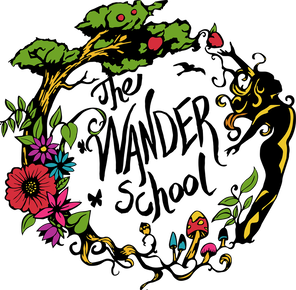
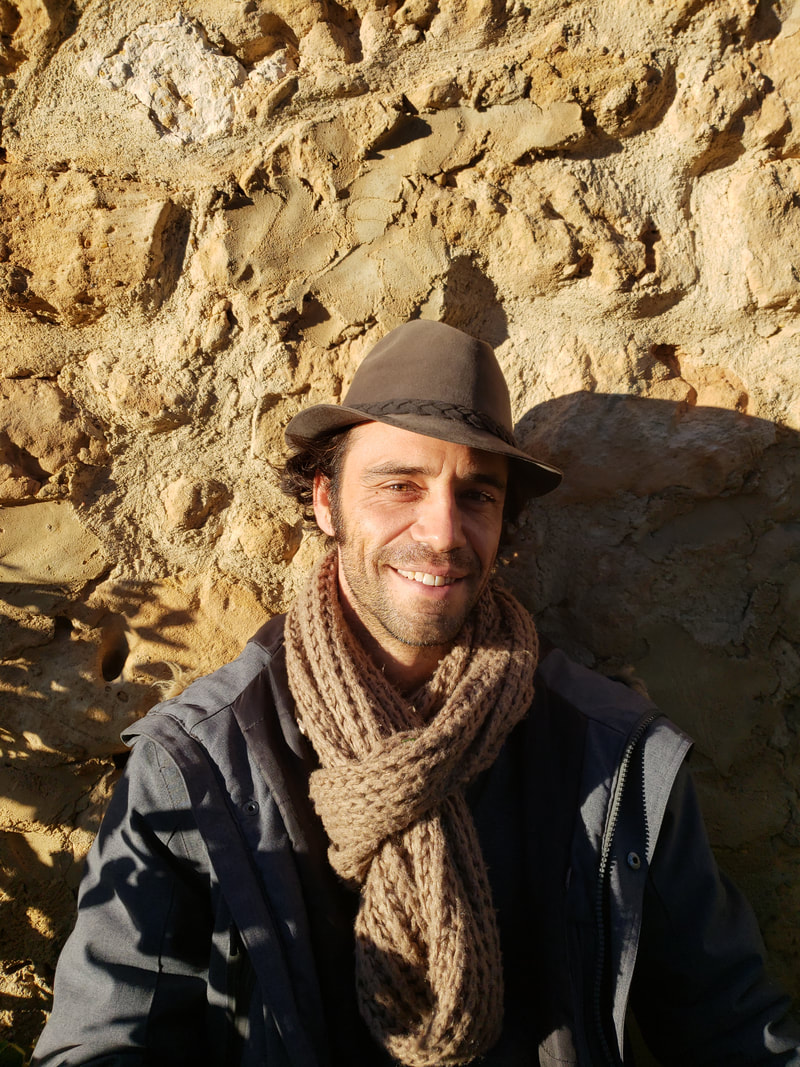
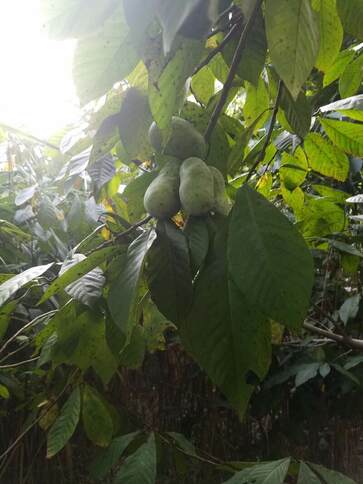
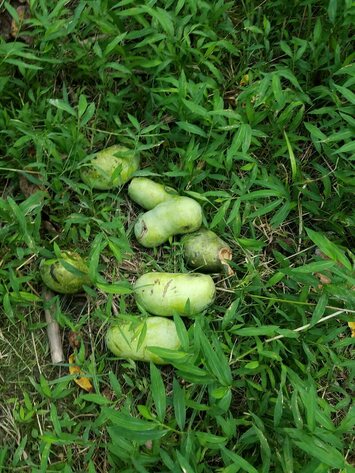
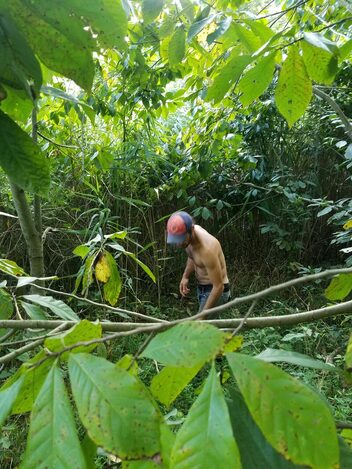
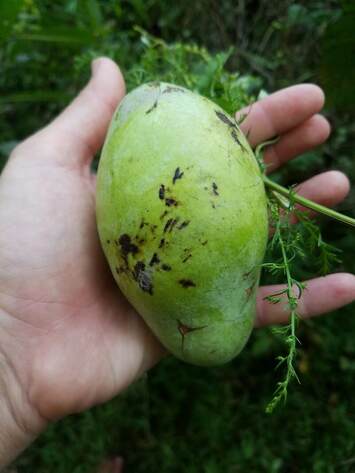
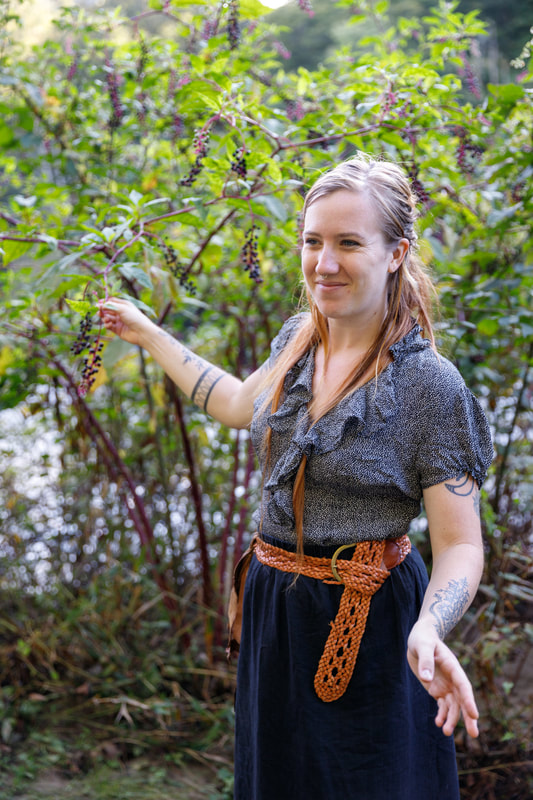
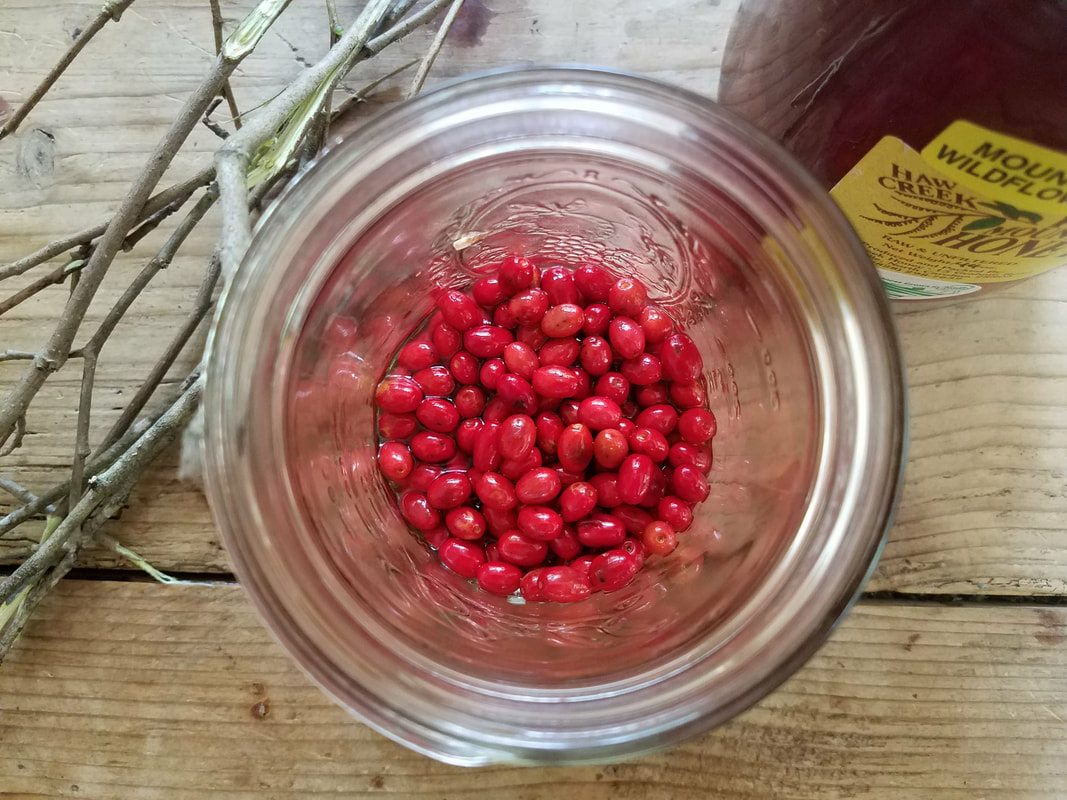
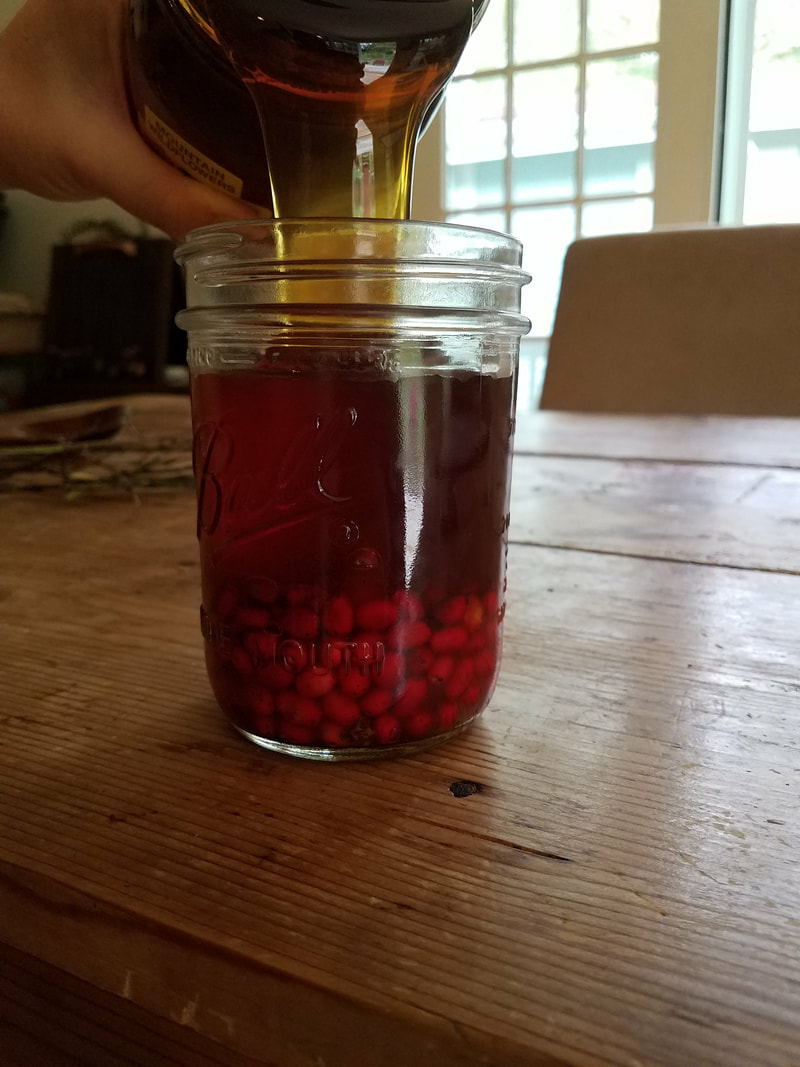
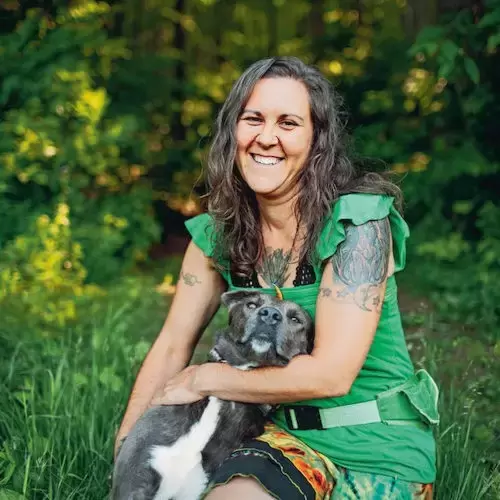
 RSS Feed
RSS Feed